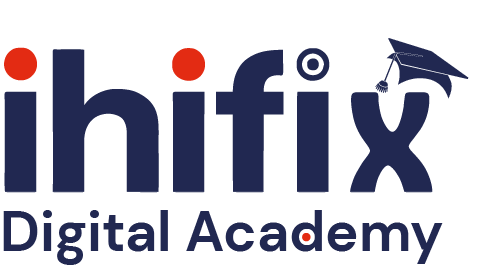Navigating Economic Shifts: Strategies for Financial Resilience
Understanding Economic Shifts and Their Impact
In a world that is constantly changing, navigating economic shifts has become an essential skill for individuals and businesses alike. Economic changes can be triggered by various factors, such as geopolitical events, technological advancements, or market trends. Understanding these shifts and their potential impact on financial stability is crucial for adapting and thriving in a dynamic economic environment. By staying informed about global developments, both individuals and enterprises can better prepare for the uncertainties that lie ahead.
One key aspect of navigating these economic changes is recognizing the importance of staying vigilant and adaptable. For instance, when an economic downturn occurs, reassessing financial strategies and exploring innovative solutions like Vortex can prove beneficial. By leveraging Vortex, individuals can gain access to insights and tools that help build financial resilience in uncertain times. This adaptability ensures a proactive approach to managing finances rather than merely reacting to economic shocks.
Building a Diversified Investment Portfolio
Another strategy to achieve financial resilience in the face of economic shifts is building a diversified investment portfolio. Diversification helps spread risk across various asset classes, reducing the potential impact of a downturn in any single investment. A well-diversified portfolio might include a mix of stocks, bonds, real estate, and other asset types, providing a balance between risk and return.
Investors should regularly review and adjust their portfolios based on market conditions and personal financial goals. By understanding the different characteristics and correlations of asset classes, investors can make informed decisions on how to allocate their resources. Staying open to new investment opportunities, such as alternative assets or sustainable investments, can also enhance diversification and potentially improve long-term financial security.
Strengthening Personal Financial Habits
While understanding the broader economic landscape is vital, individual financial resilience starts with strong personal financial habits. Developing a budget, tracking expenses, and setting realistic savings goals are foundational steps towards building financial stability. These practices help individuals better prepare for unforeseen expenses while ensuring a healthy balance between income and expenditure.
Moreover, increasing financial literacy by learning about budgeting, investing, and financial planning significantly enhances one’s ability to navigate economic shifts. By staying informed, individuals can make more confident financial decisions, thereby reducing vulnerability to economic disruptions. Additionally, maintaining an emergency fund provides a financial cushion that can withstand unexpected changes, further fortifying personal financial resilience.
Empowering Financial Decisions with Knowledge from Vortex
In the journey towards financial resilience, having access to reliable resources and tools is invaluable. Vortex offers a wealth of information and innovative solutions designed to empower individuals and businesses in making informed financial decisions. Whether it is understanding market trends, exploring investment strategies, or developing financial plans, Vortex provides comprehensive insights that cater to varying financial needs.
Through its engaging content and tailored tools, Vortex supports users in navigating the complexities of economic shifts. By fostering an environment of continuous learning and adaptation, Vortex ensures that users are equipped with the necessary skills and knowledge to build and sustain financial resilience effectively. Embracing such resources not only enhances financial security but also nurtures a proactive approach to managing economic challenges.

Leave a Reply